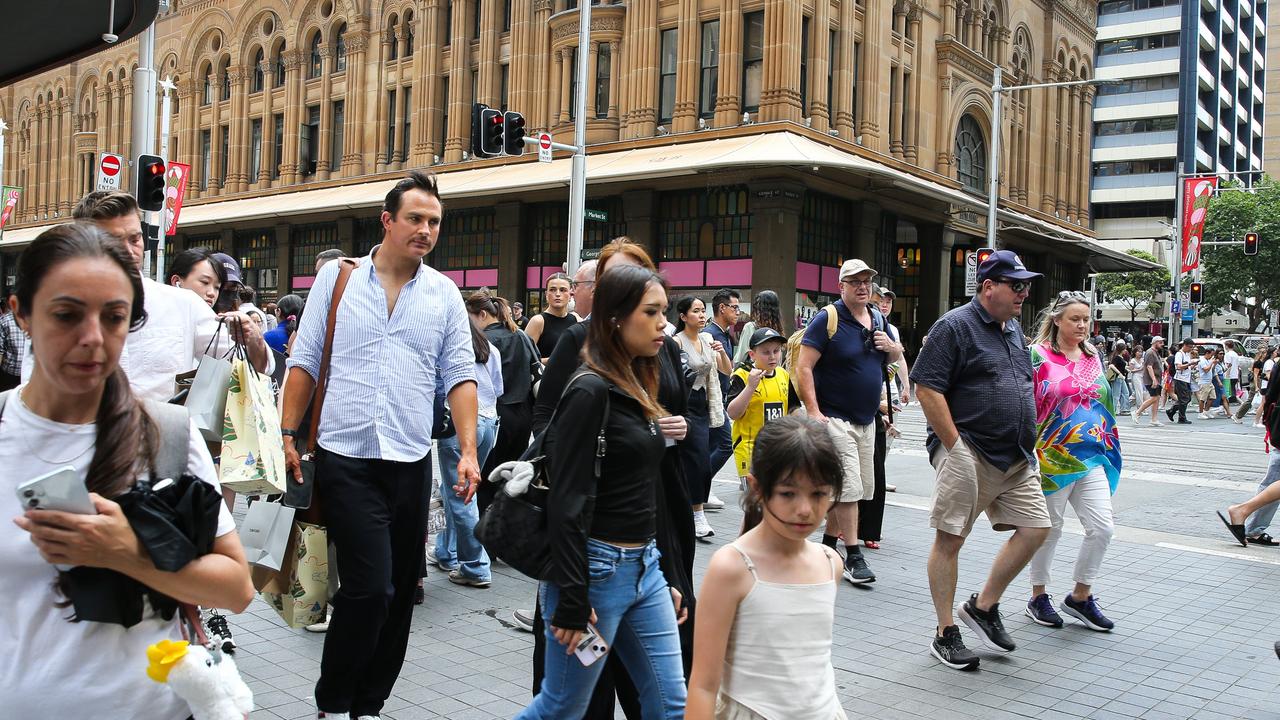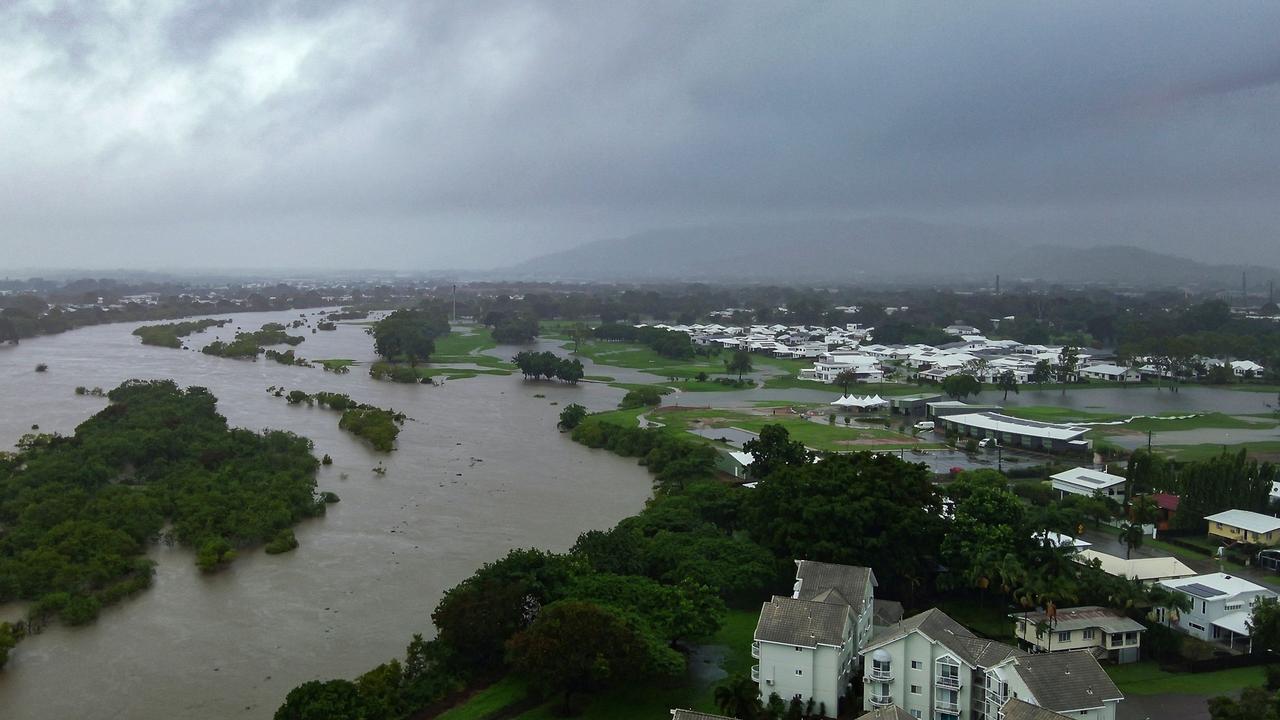Ominous news for Aussie homeowners as interest rate rise predicted for mid-2022
Grim signs are beginning to appear for Aussie homeowners as it’s anticipated the RBA will have to make a dreaded move sooner than expected.
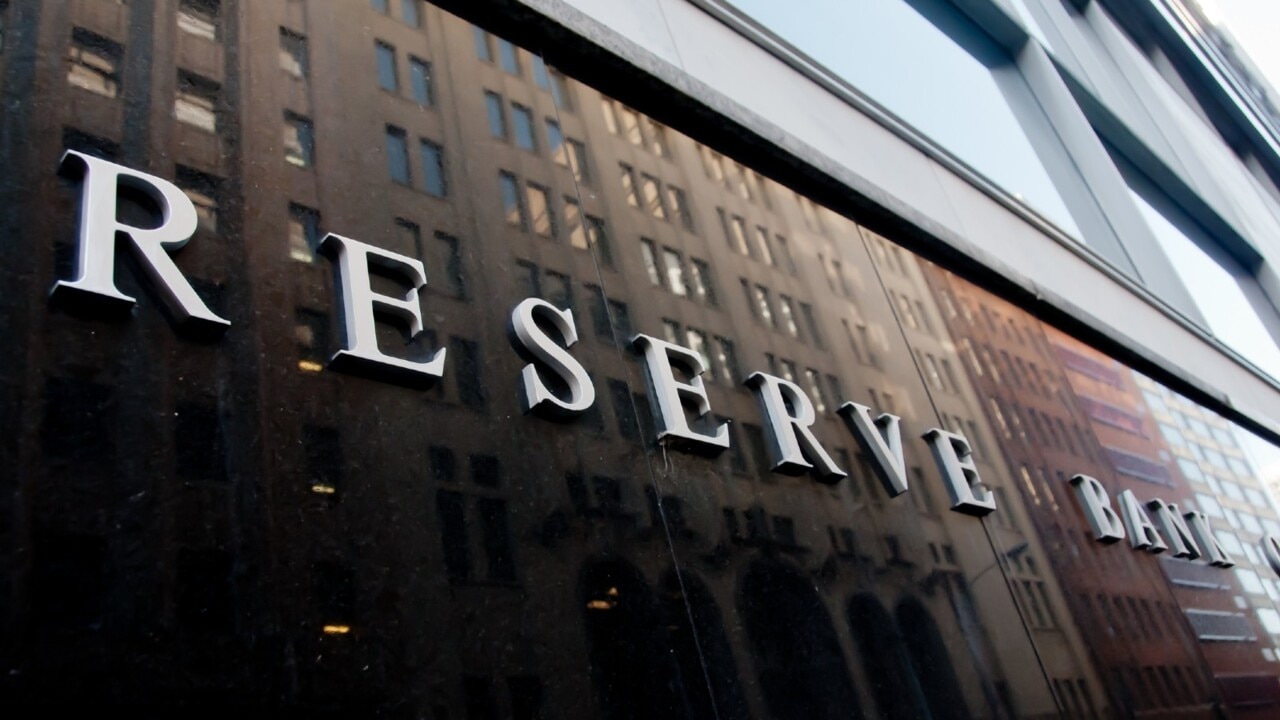
National
Don't miss out on the headlines from National. Followed categories will be added to My News.
A sharp rise in inflation has economists predicting the Reserve Bank of Australia will be forced to lift interest rates as early as May.
There has been turmoil on the Australian Stock Exchange over the past week, with shares collapsing to an eight-month low.
In yesterday’s trading, investors wiped $59bn off the value of Australian shares with the ASX 200 falling 2.5 per cent to 6961.6 points.
This is understood to be partly driven by fears over global instability and a possible invasion of Ukraine.
However, more ominous signs locally have spooked investors — with soaring petrol and surging housing construction costs pushing the consumer price index to a larger than expected 1.3 per cent rise in the December quarter. That’s up from an 0.8 per cent increase over the previous three-month period.
The latest increase means the prices of everyday goods in Australia rose by a total of 3.5 per cent in 2021.
Stream more finance news live & on demand with Flash. Australia’s biggest news streaming service. New to Flash? Try 14 days free now >
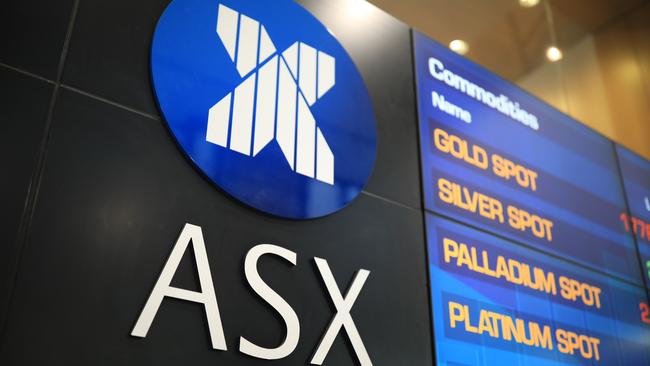
A 4.2 per cent jump in the cost of new homes and 6.6 per cent surge in fuel prices were the main factors to the bigger-than-expected increase.
The Reserve Bank, which is meeting next Tuesday, is expected to concede an interest rates rise is likely later this year. The RBA had previously ruled out a rise until late 2023.
RBA governor Philip Lowe had previously talked down rate increases in 2022, saying it would be an “over-reaction” to inflation data.
He had suggested early 2024 was the most likely time for rates to begin rising.
However, NAB economist Taylor Nugent told the AFR the latest economic figures are “probably consistent with a rate hike in late 2022”.
Josh Frydenberg said inflation in Australia remained half of what it was in the United States and lower than in Germany, Canada and Britain.
“Despite the global supply chain disruptions Australia faces, and indeed so many other countries do around the world, the Australian economy is remarkably resilient,” the Treasurer told The Australian.
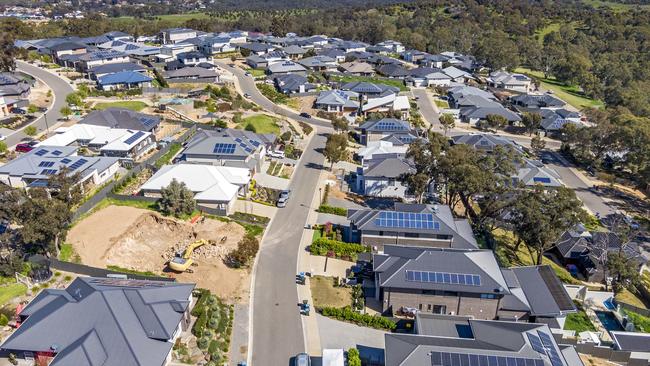
Omicron sparks global economic uncertainty
Australia isn’t the only nation facing a rocky year.
The Omicron variant of Covid-19 is creating an obstacle course for the entire global economy, which will slow growth this year, notably in the world’s two largest economies, the IMF said overnight.
The Washington-based crisis lender cut its world GDP forecast for 2022 to 4.4 per cent, half a point lower than the October estimate, due to the “impediments” caused by the latest outbreak, although those are expected to begin to fade in the second quarter of the year.
“The global economy enters 2022 in a weaker position than previously expected,” the International Monetary Fund said in the quarterly update to its World Economic Outlook (WEO), adding that “the emergence of the Omicron variant in late November threatens to set back this tentative path to recovery.” The outlook remains beset by risks, including geopolitical tensions and a wave of price increases hitting consumers and businesses that is expected to last longer than previously expected.
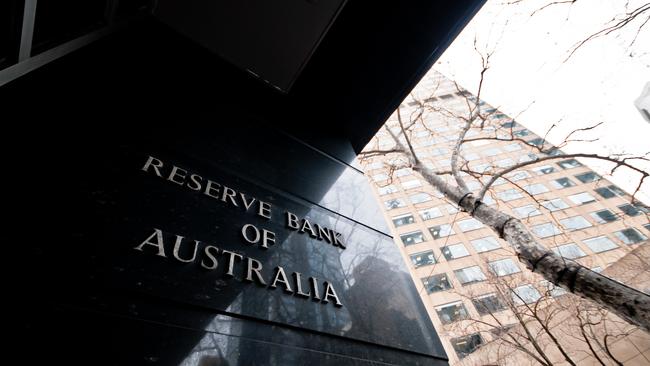
After the solid recovery last year when the global economy grew an estimated 5.9 per cent, the IMF cut projections for nearly every country — with India a notable exception — but it was the downgrades to the United States and China that had the biggest impact.
“These impediments are expected to weigh on growth in the first quarter of 2022,” the report said.
“The negative impact is expected to fade starting in the second quarter, assuming that the global surge in Omicron infections abates and the virus does not mutate into new variants that require further mobility restrictions.” The fund once again stressed that controlling the pandemic is critical to the economic outlook and urged widespread vaccinations in developing nations, which have fallen short even as advanced economies have moved to deploying booster shots among their already highly-vaccinated populations.
– with AFP
Originally published as Ominous news for Aussie homeowners as interest rate rise predicted for mid-2022


